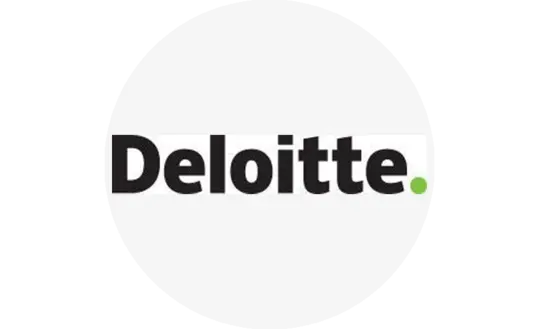CFOs Share 4 Ways Tax Executives Can Add More Value
Global companies have four expectations when assessing the performance of their top tax executives.
Deloitte Surveys 20 CFOs and CAOs on Global Tax Management
New research indicates that tax executives are only fulfilling one of the four imperatives global companies require for performance.
This news is nestled in the results of Deloitte’s annual global tax management survey. This year, the firm probed a bit deeper by conducting qualitative interviews of 20 CFOs and CAOs to complement the quantitative results generated from the more than 270 heads of tax functions. The tax executives responded to survey questions about their function’s structure, tax compliance activities, service delivery costs, technology investments and use, talent management activities, and other topics.
Here's What CFOs and CAOs Expect of Chief Tax Officers
- Manage risks by avoiding audit issues and related financial penalties and reputational hits;
- Deliver efficiency via cost-reduction while showing demonstrable returns on tax technology investments;
- Collaborate with business partners by dispensing proactive tax-planning advice and sharing their perspectives on regulatory changes coming down the pike; and
- Keep the effective tax rate low while delivering “strategic and commercial tax advice.”
Disclaimer
Please remember that the Vertex blog provides information for educational purposes, not specific tax or legal advice. Always consult a qualified tax or legal advisor before taking any action based on this information. The views and opinions expressed in the Vertex blog are those of the authors and do not necessarily reflect the official policy, position, or opinion of Vertex Inc.
How Finance Leaders Apply Automation Post-Wayfair
How can businesses adapt to nexus expansion?
CTO Strengths & Weaknesses
According to the finance function leaders who were interviewed, chief tax officers are doing a great job managing tax risks. When it comes to the next three expectations, however, there is room for improvement.
While CFOs and CAOs recognize that the push from regulators and investors for more transparency is driving more tax technology investment, finance leaders do not feel that tax functions are optimizing their tax data to help increase commercial value. CFOs and CAOs would also like to see more consistent collaboration with the business from tax leaders, who often seem too immersed in the technicalities of tax to do so. Finally, Deloitte’s qualitative interviews suggest that many finance and accounting executives believe their company’s effective tax rate could be even lower if their tax function improved its tax data management capabilities, “especially in areas like transfer pricing and indirect tax.”
While those survey results will be a bitter pill for some, Deloitte’s analysis also provides food for thought when tax leaders set their resolutions for 2020 and beyond.
Disclaimer
Please remember that the Vertex blog provides information for educational purposes, not specific tax or legal advice. Always consult a qualified tax or legal advisor before taking any action based on this information. The views and opinions expressed in the Vertex blog are those of the authors and do not necessarily reflect the official policy, position, or opinion of Vertex Inc.
Explore more Resources from our Industry Influencers:
Our Alliance with Deloitte
The ultimate solution that our alliance delivers is straightforward: tax technology experts working together to limit the amount of time and energy our customers spend addressing tax requirements.
Learn More